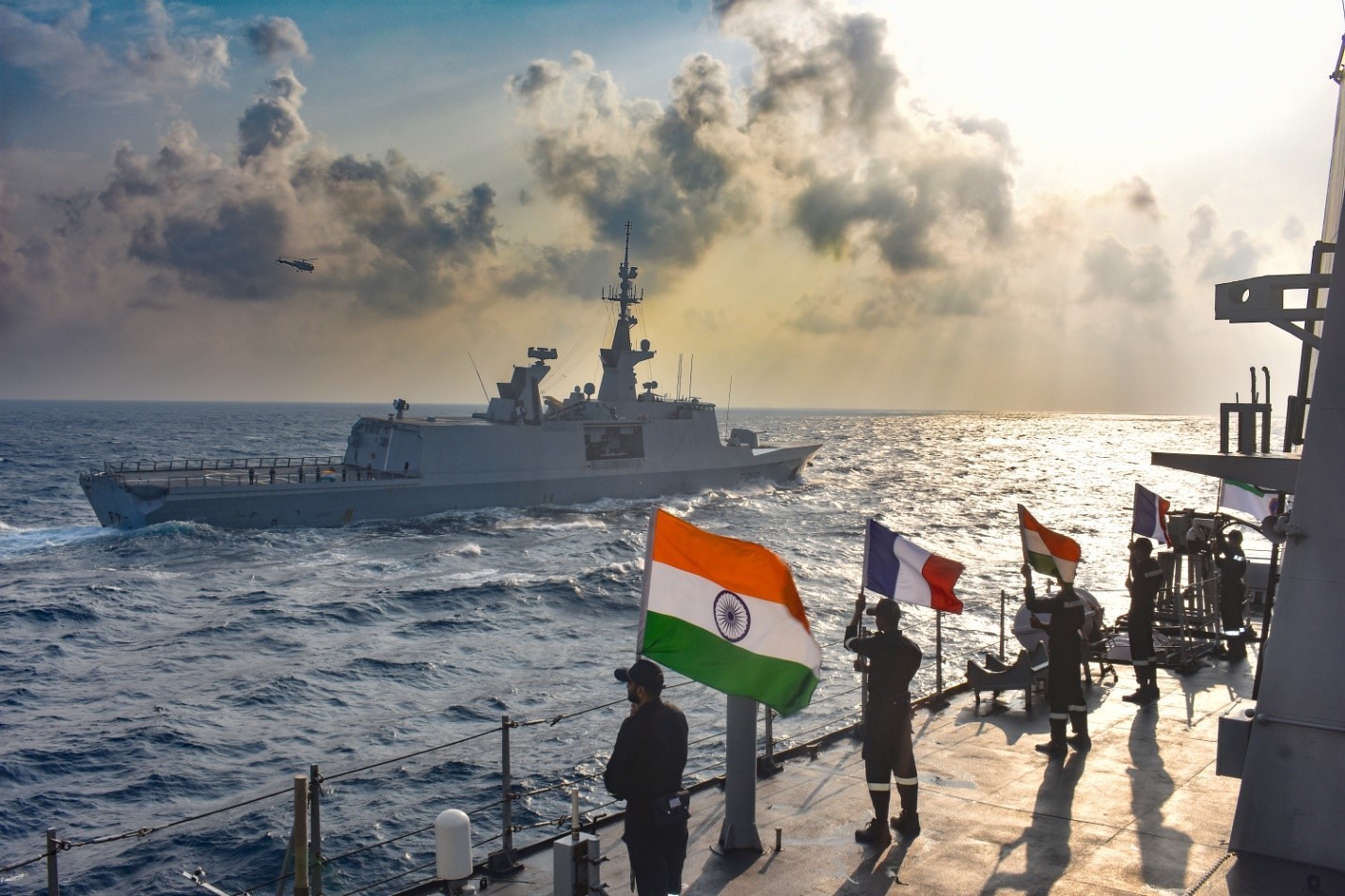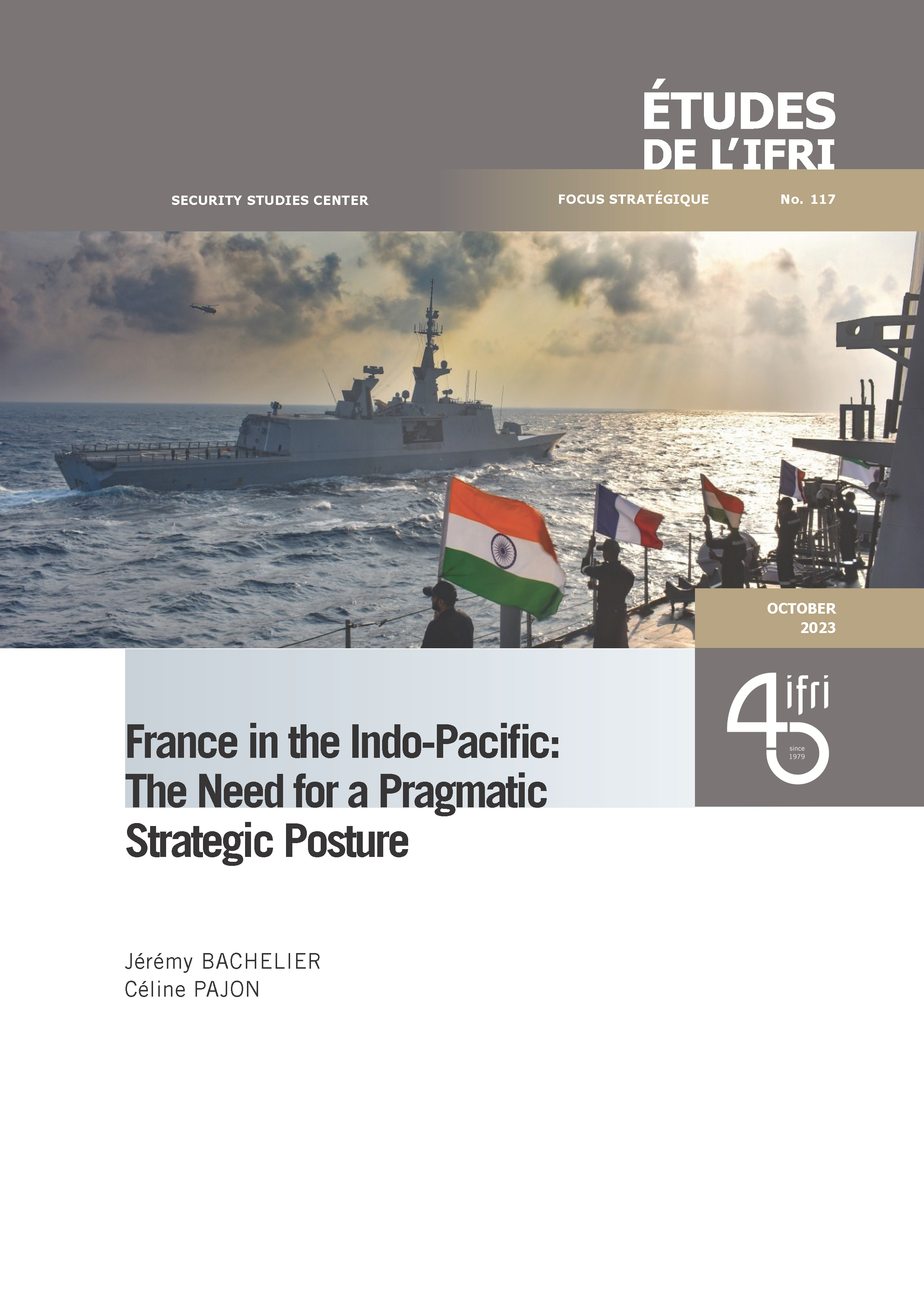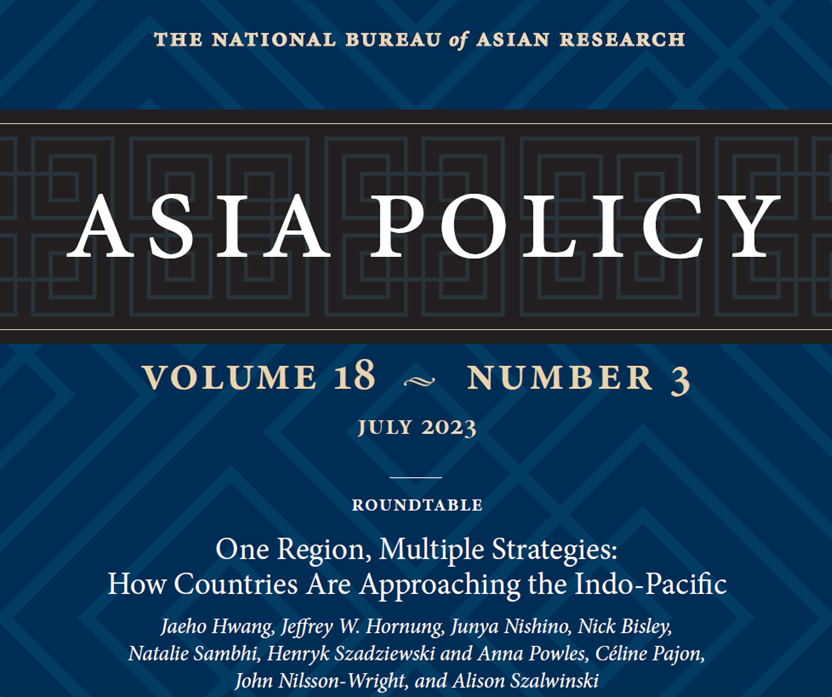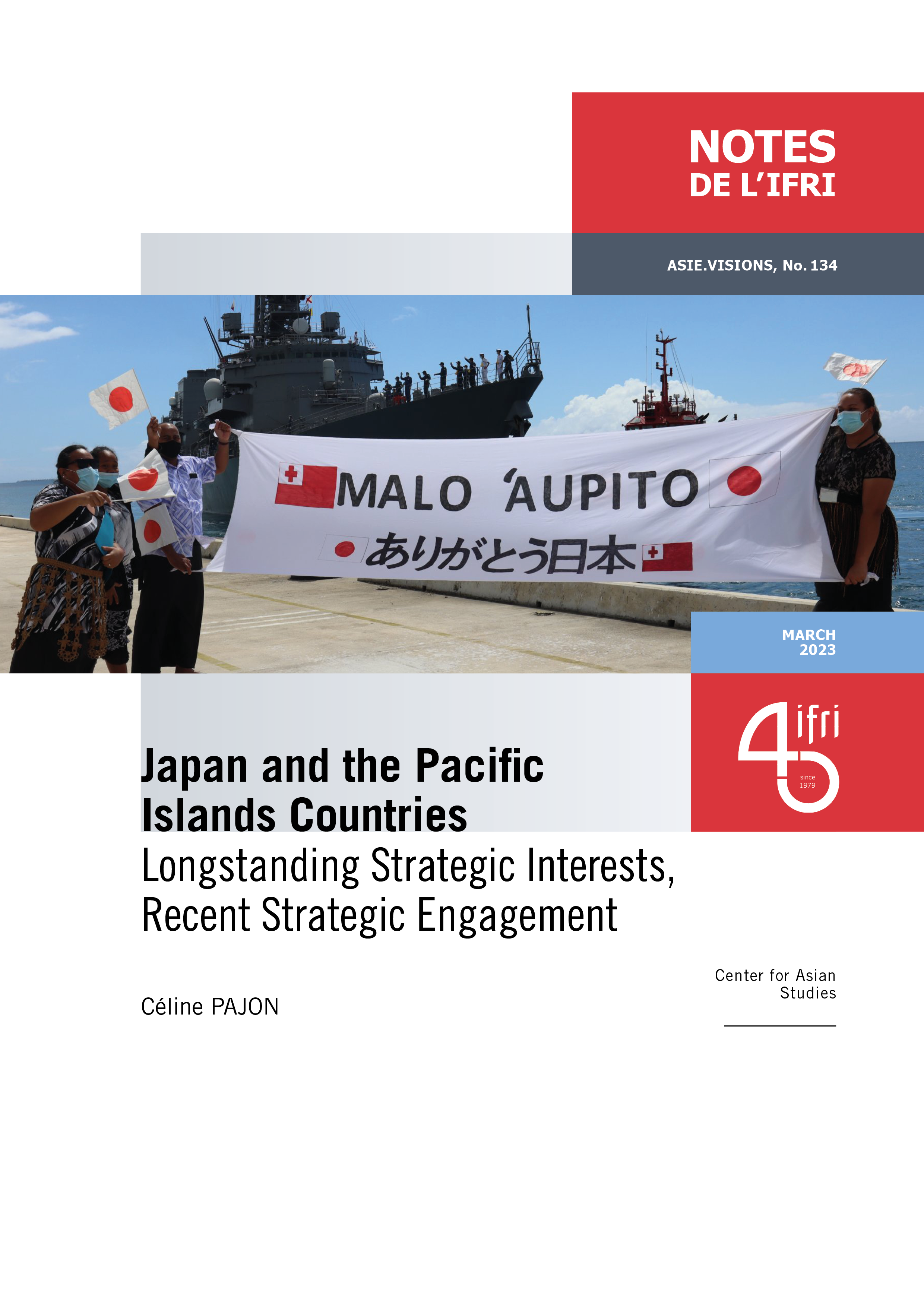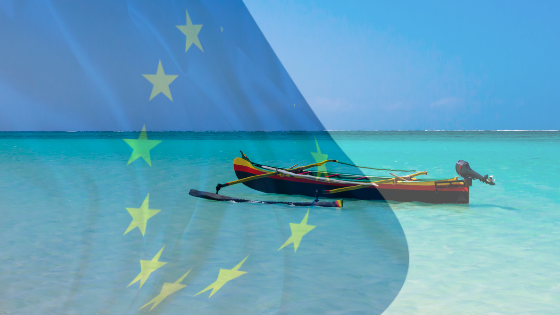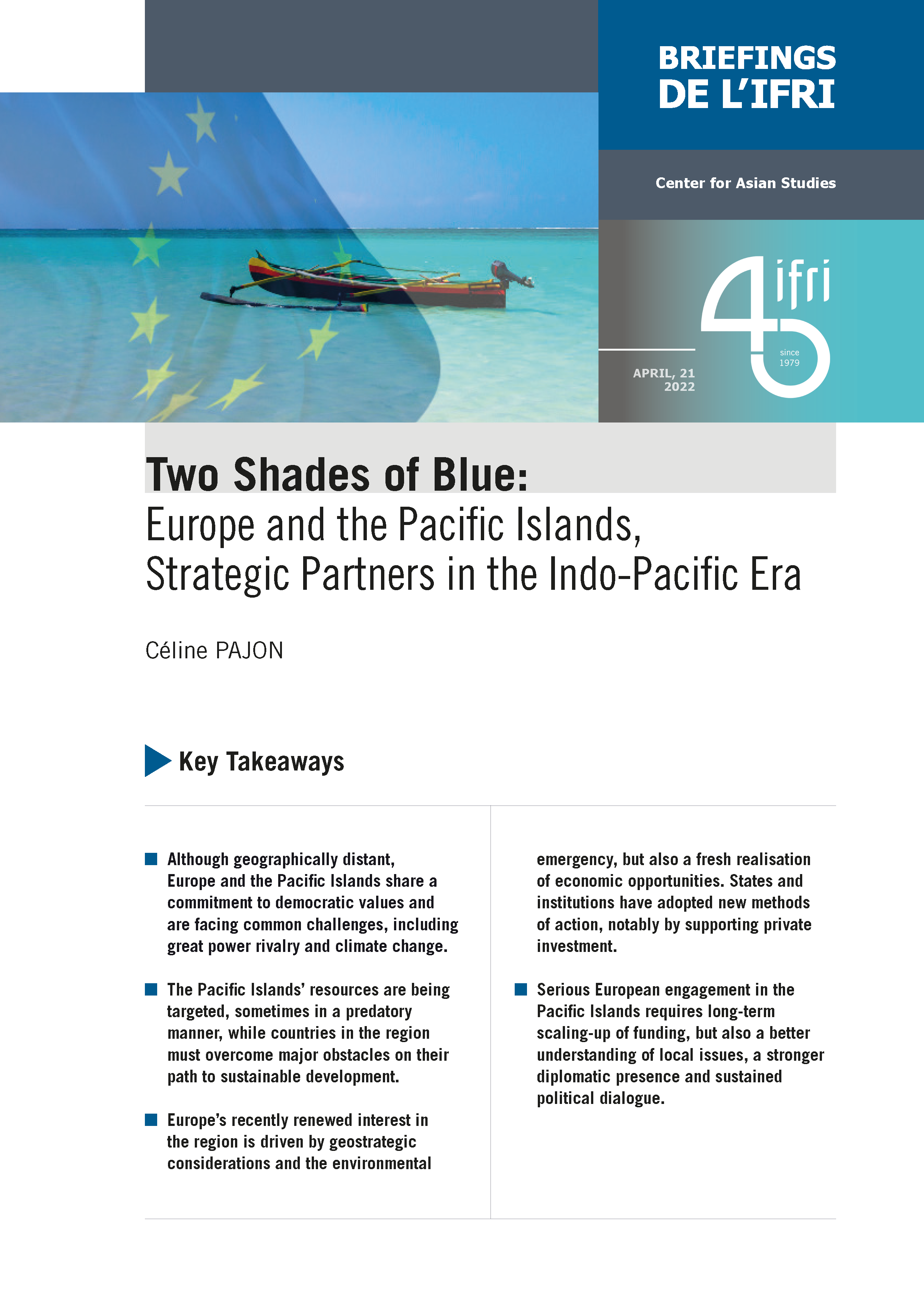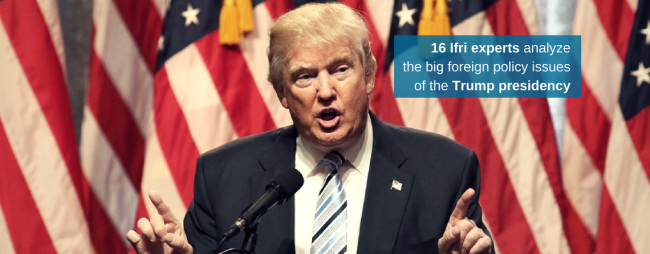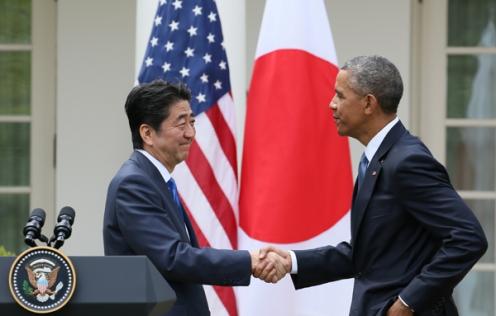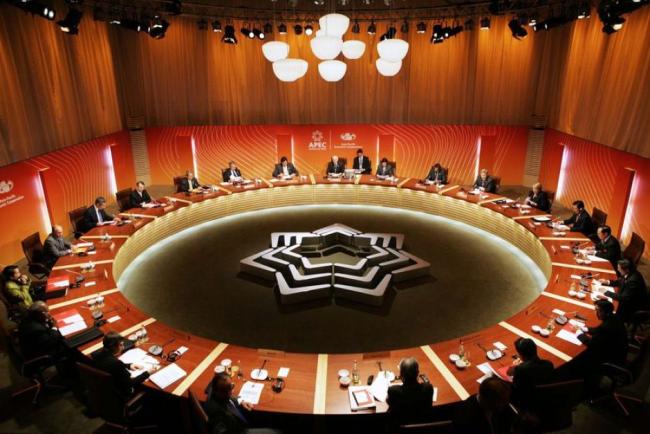
Prénom de l'expert
Céline
Nom de l'expert
PAJON
Research Fellow, Head of Japan and Indo-Pacific Research, Center for Asian Studies, Ifri
Research Areas:
- Japanese foreign and defense policy
- International relations and geopolitics of the Indo-Pacific
- French and European approaches to the Indo-Pacific and Pacific Islands
- Maritime security in the Indo-Pacific

Center for Asian Studies
View moreCeline Pajon is Head of Japan and Indo-Pacific Research in Ifri’s Center for Asian Studies, which he joined in 2008. She also coordinates the research program on Pacific Islands, set up in 2022. Céline is a Senior Researcher with the Japan Chair at Vrije Universiteit Brussels (VUB) and an International Research Fellow with the Canon Institute for Global Studies (CIGS) in Tokyo. In 2016, she was a visiting researcher at JIIA, the Japan Institute of International Affairs, the think tank of the Japanese Ministry of Foreign Affairs. A graduate from the Institute of International and Development Studies in Geneva and Sciences Po Lyon, Céline also studied for two years in Japan, at Waseda University (Tokyo) and Osaka University. She tweets @CelinePajon.
See more





